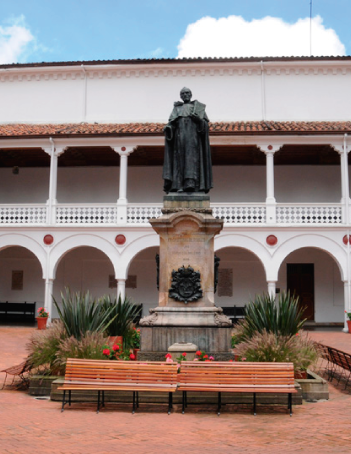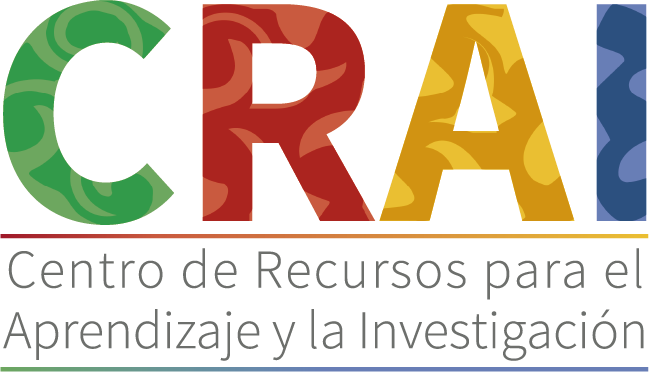Introduction -- Developmental and life-course criminology / Lila Kazemian, David P. Farrington, and Alex R. Piquero -- The development of offending -- Age and crime / Chester L. Britt -- Age of onset and offending behavior / Elaine Eggleston Doherty and Sarah Bacon -- Specialization and versatility in offending / Paul Mazerolle and Samara McPhedran -- Acceleration, deceleration, escalation, and de-escalation / Wesley G. Jennings and Bryanna Hahn Fox -- Persistence and desistance / Siyu Liu and Shawn D. Bushway -- Trajectories of criminal behavior across the life course / Julien Morizot -- Co-offending / Sarah B. van Mastrigt and Peter Carrington -- Developmental and life-course theories -- The developmental taxonomy / Tara Renae McGee and Terrie E. Moffitt -- Developmental pathways to conduct problems and serious forms of delinquency / Rolf Loeber -- The integrated cognitive antisocial potential (icap) theory : new empirical tests / David P. Farrington and Tara Renae McGee -- The interconnected development of personal controls and antisocial behavior / Marc Le Blanc -- The social development model / Christopher Cambron, Richard F. Catalano, and J. David Hawkins -- Interactional theory / Terence P. Thornberry and Marvin D. Krohn -- The dynamics of change : criminogenic interactions and life course patterns in crime / Per-Olof H. Wikstrom and Kyle Treiber -- The age-graded theory of informal social control / John H. Laub, Zachary R. Rowan, and Robert J. Sampson -- Developmental correlates and risk/protective factors -- Biosocial influences on offending across the life course / Olivia Choy, Jill Portnoy, Adrian Raine, Rheanna J. Remmel, Robert Schug, Catherine Tuvblad, and Yaling Yang -- Personality and other individual influences on offending / Darrick Jolliffe and David P. Farrington -- Family influences on youth offending / Abigail A. Fagan and Kristen M. Benedini -- Peer influences on offending / Christopher J. Sullivan, Kristina K. Childs, and Shaun Gann -- Schools and the pathway to crime / Debra J. Pepler -- Developmental influences of substance use on criminal offending / Helene Raskin White -- Life transitions and turning points -- The impact of changes in family situations on persistence and desistance from crime / Delphine Theobald, David P. Farrington, and Alex R. Piquero -- Employment, crime, and the life course / Jukka Savolainen, Mikko Aaltonen, and Torbjorn Skardhamar -- The effects of neighborhood context and residential mobility on criminal persistence and desistance / David S. Kirk -- Religion and the military / Leana A. Bouffard and Haerim Jin -- The effects of juvenile system processing on subsequent delinquency outcomes / Anthony Petrosino, Carolyn Petrosino, Sarah Guckenburg, Jenna Terrell, Trevor A. Fronius, and Kyungseok Choo -- Effects of incarceration / Lila Kazemian and Allyson Walker -- Desistance and cognitive transformations / Sarah Anderson and Fergus McNeill -- Developmental and life-course findings on women and girls / Lisa M. Broidy and Carleen M. Thompson -- Developmental interventions -- Family-based programs for preventing delinquency and later offending / Brandon C. Welsh and Steven N. Zane -- Developmental preschool and school programs against violence and offending / Izabela Zych and David P. Farrington -- Cognitive-behavioral treatment to prevent offending and to rehabilitate offenders / Georgia Zara -- Cost-benefit analysis of developmental prevention / Jobina Li and Cameron McIntosh -- Conclusions -- Conclusions and implications for developmental and life-course criminology / David P. Farrington, Lila Kazemian, and Alex R. Piquero.
Texto en inglés

Escuela de administración
Facultad de Jurisprudencia
Facultad de Ciencias
Escuela de Ciencias
Escuela de Medicina
Facultad de Economía
Facultad de Estudios
Facultad de Creación
Escuela de Ingeniería,
Otras Ofertas
 Historia y símbolos
Historia y símbolos
 Enfoque estratégico
Enfoque estratégico
 Gobierno universitario
Gobierno universitario
 Playbok - Nuestros pilares de transformación
Playbok - Nuestros pilares de transformación
 Protocolo de seguridad
Protocolo de seguridad
 Archivo histórico
Archivo histórico
 Portafolio de becas, descuentos y apoyo financiero
Portafolio de becas, descuentos y apoyo financiero
 Casa UR
Casa UR






 Proyección social
Proyección social Filantropía
Filantropía Hagámoslo posible
Hagámoslo posible

 Libro
Libro







